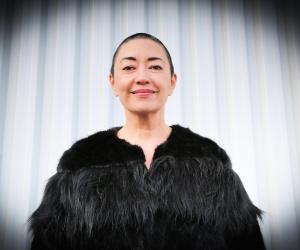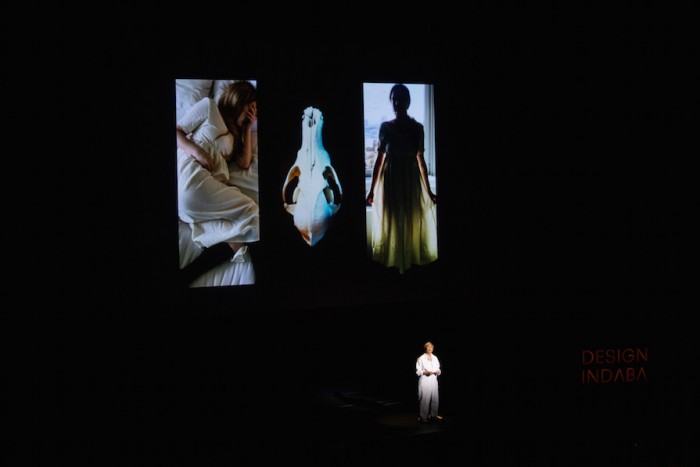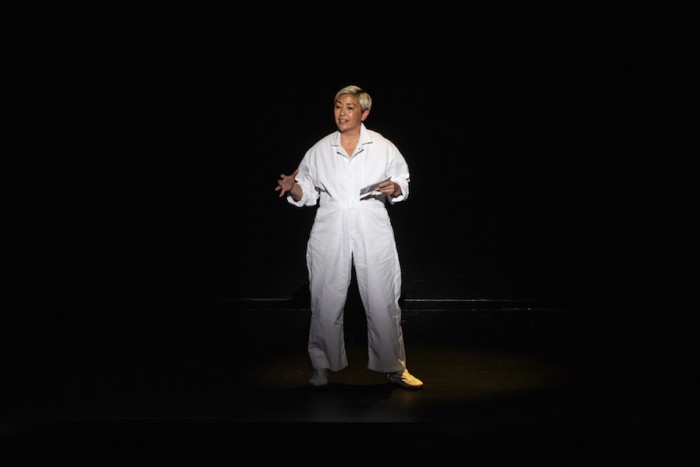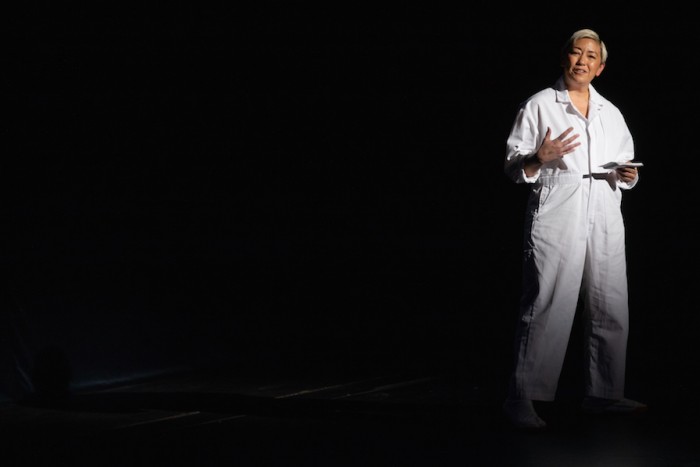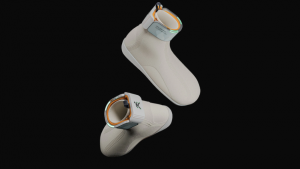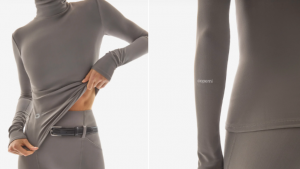With a career spanning almost 30 years, artist and costume designer Ane Crabtree’s time on the 2019 Design Indaba stage was nothing short of magical.
Crabtree has made more than a name for herself, working on heavy hitting shows such as The Handsmaid Tale, Westworld and The Sopranos. She has left her mark on the industry due to her inimitable ability to tell a story or portray a character through costume and emotion.
“I see myself as something of an emotion decoder for the audience,” says Crabtree. “What I do is act like a kind of connector or conduit of emotion. Emotion in words, in pace, in visuals across the screen.”
Throughout her almost 20 minute talk, Crabtree took the audience through her work process from the start of a script to the birthed exterior of the character. “I work from the inside out. The costumes I’m designing sometimes have less to do with external and more to do with the marrow of their bones,” she explains. Scroll down to view her talk.
Looking back, the sublime opening sequence of her talk was a visual metaphor for this process. It saw her emerging from an enclosure alongside dramatic music and a poem recital, ready to present her life’s work and what it took to get here.
She revealed that from the get-go she has a gut feeling on how a character should look. From the silhouette to the lines and the personality of the costume, Crabtree is involved in the entire process.
“When the writer, the director, the actor and the costume designer are calibrated, the story seeps into us and creates waves of emotion,” she says.
She added: “It’s not just enough for me to have a costume fit. I try to give each actor something tactile, to keep them rooted and connected to their costume.”
When it comes to inspiration Crabtree looks directly at nature. In her works, she's used the wings of a moth, sunlight to illuminate a washcloth, and nature’s clearest colours as contrasts. “Nature is the first place, and the last place and the in-between place for me to find inspiration. It connects me to the child inside and it connects me to emotion,” explains Crabtree.
The costume designer also gave the audience a background into her own personal come-up story. Having moved from New York City to Hollywood, Crabtree remembers the struggles she felt around fitting in.
“Hollywood is very much about trends and fitting in. The way I dress, the way I work, my sensibilities, even my ethnicity didn't make for quick and easy acceptance in that town,” explains Crabtree.
But all of this plays its part in Crabtree’s work. She remembers growing up in Kentucky with her ethnic mother and brother who like her were treated and looked at differently compared to her white father.
This is something Crabtree uses within her creative process by looking at how colour can be used whether it's our exterior or a shade palette.
“As children, we naturally want to cross lines and put the colour outside of them. At some point, we get separated from ourselves and we begin to do what society tells us to stay within the lines and stay within our stations,” says Crabtree.
Adding: “Early on I decided to retain the child inside. I can’t tell you or emphasize enough the impact that had on my creative career.”
She concluded with a necessary reminder to the audience: "Don't let others put you into little boxes. Unless it's the one you created yourself."
Watch more 2019 speaker talks:
Kagiso Lediga on storytelling, failure and staying true to who you are
Designers Leta and Wade on living and working together successfully

